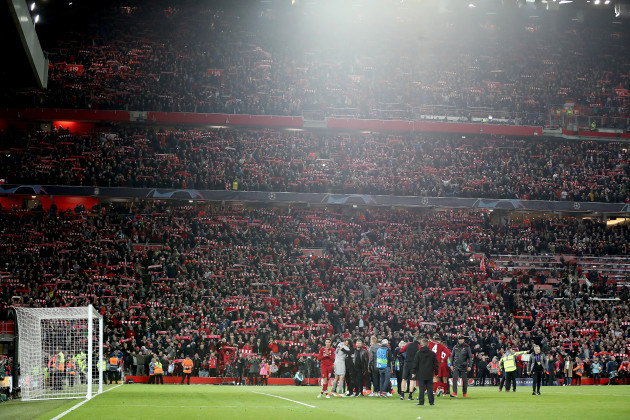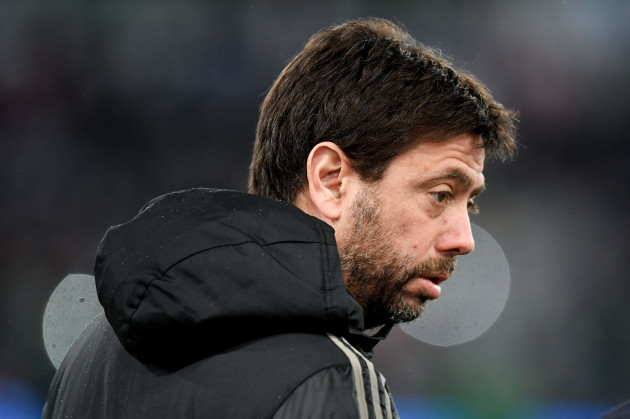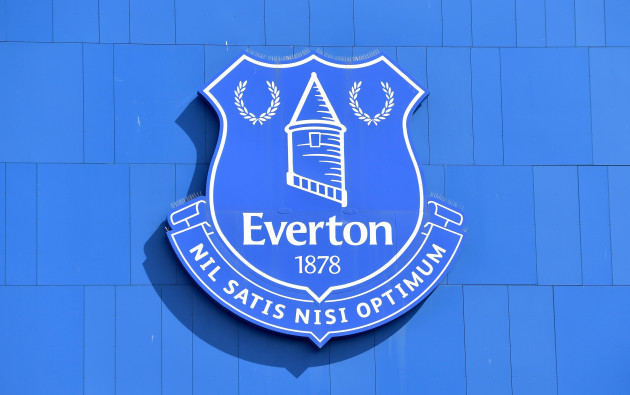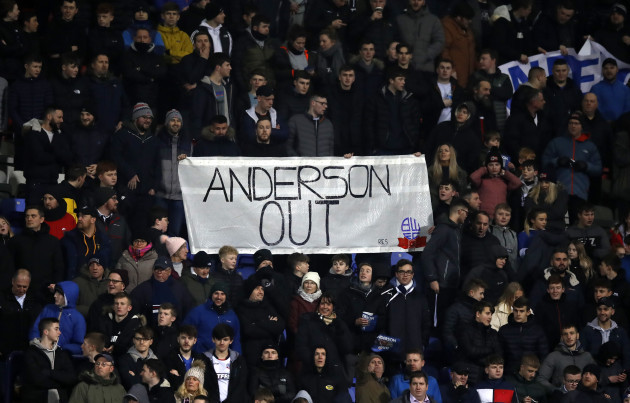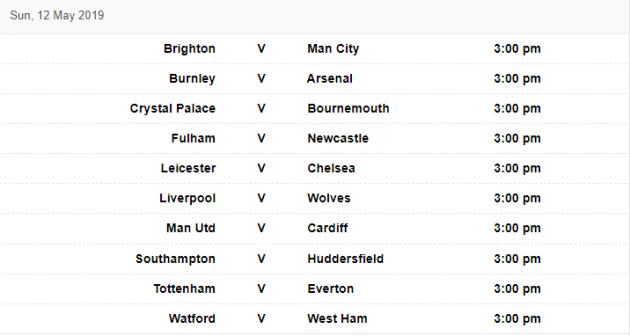TO BORROW A phrase used by the writer Declan Lynch – anything any good is always under threat.
So naturally, it is now high time to start fretting about the future of the Champions League.
The continent barely had time to mourn Ajax’s mad, beautiful failure when an image of their bodies strewn across the turf was used by the New York Times to accentuate a much more serious defeat coming down the tracks.
The photo appeared above a report of plans for a new Champions League format from 2024, which resets the likelihood of another club doing an Ajax from ‘highly unlikely’ to ‘almost unfeasible’.
It’s planned the competition’s group stage will consist of four groups of eight, with the top four in each group qualifying for the knockout stages.
The champions of lower-ranked European leagues like Portugal and Holland would be dumped into a second-tier competition, and while there would be promotion/relegation between the competitions, there are just four spots reserved for new entrants.
It is led, the New York Times says, by “the biggest clubs, notably those from Spain and Italy.”
Barcelona president Josep Maria Bartomeu made reference to the plans in an interview with the Guardian ahead of the Liverpool game, saying that “we’re going to change it for the better”, adding that “Fans ask us for more European games” and that it wouldn’t close off the possibility of another Ajax tale, saying “no one’s talking about a closed league or a Super League. It will be an evolution, and attractive. It won’t be a revolution.”
Under these proposals, Ajax wouldn’t have even qualified for the competition.
One of the men driving this “evolution” is Andrea Agnelli, Juventus chairman and President of the European Clubs Association.
The Telegraph report he believes that “more European football is good for the game (for fans, for society, for cultural, for sporting and financial development).”
It’s not.
It’s good for the biggest clubs, who not only want to play more games for more money, but want the guarantee that they’ll get to play them again the following year regardless of how badly they get beaten.
That these proposals emerged the week the Premier League laid claim to the finalists in both major European finals is entirely fitting.
Theresa May was widely derided for appropriating Liverpool’s success for her own feeble and never-ending eejitry on Wednesday morning, saying she might be inspired by Klopp and co. in making a comeback in her talks with the EU.
Much of the derision was, as ever, earned.
That the Tories might be inspired by a German, Remainer coach and goalscorers from Holland and Belgium heroically staying in Europe is an even more useless motivation than whatever the Dunkirk Spirit is.
But, on a deeper level, the Premier League’s success this week does faithfully answer the Brexiteer fantasy to lead Europe, rather than leave it.
It is difficult to conceive of these massive changes to the Champions League being so aggressively pushed were it not for the awesome finances of the Premier League, whose second-most recent TV deal – worth more than £5 billion – immediately made all of its clubs among the 40 richest on the planet.
That Everton are currently rated as wealthier than AC Milan makes these moves to reform the Champions League inevitable, as the Premier League has shown Europe’s elite a market which they can’t ignore – not just on grounds of economics but also self-esteem.
There is a compelling case that all of this money has greatly damaged the Premier League, however.
With mere survival in the league so lucrative, most clubs are content to do just that, and nowhere is this more pronounced than in games between the Top Six and the Bottom 14.
To illustrate just how quickly the norm has changed: Leicester City were feted for having a bit of a go at Manchester City on Monday night; a freewheeling, devil-may-care approach that yielded…[checks notes]… one genuine scoring chance.
They at least did more than just pack their penalty area, a tactic general across the league that’s making swathes of clubs look like Michael Caine in Jaws 4: debasing themselves for the sake of the cheque at the end of it all.
Most of the product isn’t worth paying for anymore, and this is only going to get worse.
The relative equity of how TV money in the Premier League was fundamentally altered last season, when the League’s Top Six successfully argued for a greater share of overseas TV revenue.
From next season, any increase in the international rights will be shared according to league position: the agreement means that the highest-placed team will make 1.8 times what the bottom-placed team will make.
This could amount to a monstrous amount of money, given the precedent set in the US by NBC who, having paid $250 million for a three-year deal from 2012, committed a billion dollars to a six-year deal up to 2022.
As all of this is happening, vast tracts of English football is on its knees: Bury, Bolton, Macclesfield, Morecambe, Reading, Oxford United, Oldham, and Gateshead have all failed to pay their players on time this season alone.
The English league is what the elite European clubs want: more money and more stability in making it, to be as inoculated as best they can from what Uefa president Aleksander Ceferin today called the “glorious unpredictability” of this week’s amazing semi-final ties.
Might some of these problems with the English league be replicated in the new European format?
If sides can secure their status in the competition by virtue of their performances in it, it may breed a similar cautious, negative style that is alien to the commitments to attacking making the competition so breathtaking now.
But of greater concern: locking out the many – in favour of the few – would be disastrous for many clubs and domestic leagues.
The Premier League has done more than conquer Europe this season, it has led a profound philosophical shift in the game’s worth.
Danny Blanchflower’s assertion that “the game is about glory” isn’t shared in these latest plans for the Champions League; the elite clubs see it as about something entirely different.
For them it is about money, which – to quote a great man – doesn’t just talk but swears.
Television presenters may find themselves trying to excuse more than just Jurgen Klopp’s profanity in years to come.
Premier League fixtures
